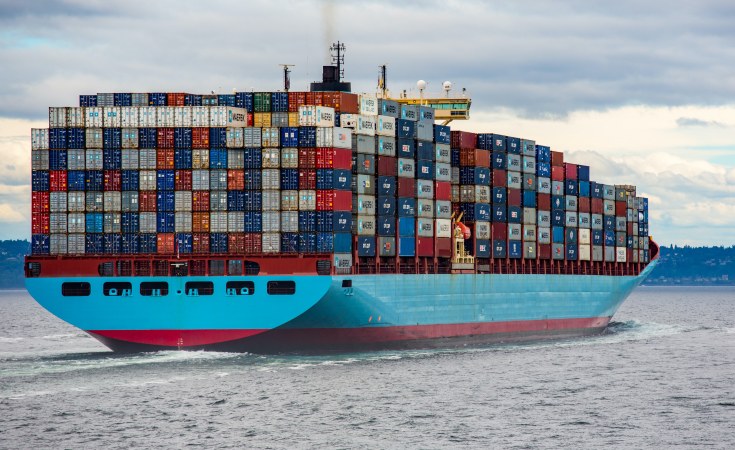African and US companies will soon enjoy a partnership of trading and investment building on provisions provided under the African Continental Free Trade Agreement (AfCFTA).
This is according to a new Memorandum of Understanding signed between the AfCFTA Secretariat and Corporate Council on Africa - an American organisation devoted to fostering US-Africa business relations - with an aim to increase private sector support and involvement in realising the goals of the continental trade agreement.
The MOU is articulated around key sectors including transportation and logistics, vaccine manufacturing, health sector productive capacity, trade and investment, the automotive sector, agriculture and agroprocessing, women and youth in trade.
According to officials, the implementation of the new partnership through the intensive work plan developed will contribute to strengthening trade and investment ties between the African continent and the US.
The deal took place two days prior to the 20th AGOA (African Growth and Opportunity Act) Forum, one of the major partnership avenues between the US and African countries by giving them preferential access to US markets, allowing them to export products tariff-free, on November 3, in South Africa.
Speaking at the forum, Wamkele Mene, Secretary General of AfCFTA Secretariat, noted that it was taking place for the first time when the continent has made progress in developing an internal market and establishing the rules for economic integration.
"That means that we have to re-think AGOA in this new context presented by the AfCFTA. We must ensure that AGOA supports implementation of the AfCFTA and that it does not inadvertently undermine the economic integration progress that Africa has made through the trade agreement."
As AGOA is set to expire in 2025, African Ministers of Trade expressed the need for urgent renewal of AGOA with non-controversial amendments for a minimum of 10 years to provide the required predictability and certainty to the markets.
They urged that the review of the AGOA eligibility criteria should be more inclusive by including MSMEs, women, and youth.
In respect of countries whose benefits have been withdrawn from AGOA, trade ministers urged the US not to use non-trade considerations in making a determination on AGOA eligibility, calling for deep and constructive discussions to address the issues raised in a manner that facilitates the re-admission of these countries.
Rwanda was suspended from the list of now 37 countries following a decision by Kigali to raise tariffs on second-hand clothes to protect the local industry. The idea was to reduce importation of large amounts of cheap used apparels that were seen as stifling the nascent local garment industry.


